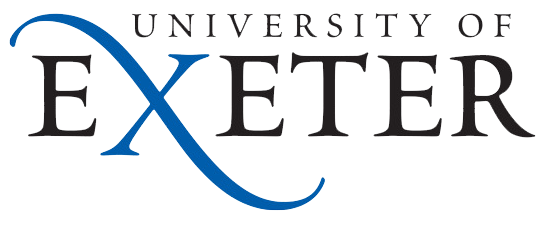Client

The European Centre for Environment and Human Health (ECEHH), a WHO Collaborating Centre, in the University of Exeter Medical School has a strong track record of interdisciplinary research and training around environment and human health interconnections, working with diverse communities locally and internationally. Although there has been a health and environment inequalities theme to Centre research, only recently have Centre members begun to critically examine issues of intersectionality, diversity, inclusion, colonisation and racism in both research/training activities and the Centre culture. Currently, the Centre members (and the environmental sciences) are majority white able-bodied privileged persons; in general, the ECEHH research and training activities have lacked an informed focus on decolonisation and racism in environment and health.
In collaboration with Included as a formal Partner and an Advisory Group, the Centre applied for and received short term Equity/Inclusion/Diversity (EDI) funding from the UK Natural Environment Research Council (NERC) to carry out the Reflections from a Centre of Environment and Human Health (REACH) Project.
Challenge
As one important aspect of the REACH Project, this academic research Centre wanted to conduct an internal, online, anonymised staff survey with a focus on inclusion as part of a wider project exploring the D&I landscape of the institution and its outputs. The primary purpose of this survey was to assess how inclusive the culture of the organisation is in regard to race and intersectionality in both internal culture and output, as well as to recommend specific areas for cultural improvement. In addition, it was important that Included, as the external partner, administer the survey so that the confidentiality of the survey participants be assured.
The central aim for data collection was to assist key leaders in devising an inclusion strategy moving forward, with a particular focus on decolonisation and anti-racism, with an intersectional lens. The client wanted to explore how staff can incorporate these D&I themes into their research, teaching, training, and practice in both environment and health. There was an aim to centre people with lived experience and expertise on decolonisation, anti-racism, and intersectionality, allowing for an open and honest space for reflection and dialogue.
Action
Included consultants codesigned with the REACH Project researchers and Advisory Board a bespoke online anonymised survey, shaping questions to reflect inclusion themes such as psychological safety, microaggressions, transparency and objectivity, and the challenges and barriers to embedding anti-racism into the institution’s outputs. This was analysed against demographic groups to further understand whether factors such as gender, age, ethnicity (or others) impacted these perceptions. There were various values to be upheld during the wider project, including a focus on well-being and care, kindness and compassion, commitment to critical thoughts and reflexivity, reflection and action, and non-horizontal organisation in order to challenge power dynamics and democratise decision making. Of note, to maintain participant confidentiality, all survey data were collected and analysed by the Included team; only final aggregated data were presented to the REACH Project researchers and the wider Centre members by Included.
Impact
We were able to disaggregate the results by a total of 7 demographic groups and define the 3 key barriers faced by staff and specific demographic groups where D&I were most impacted. These findings were then aligned with the Centre’s broader research efforts, to define comprehensive actions to improve these barriers.
This survey also led to discussions around appropriate language and ways of learning about a person’s race, ethnicity and/or cultural background, evidence around using certain questions in regards to safety, and anonymisation for a relatively small group. As the REACH Project was recently completed, impact measurement is ongoing by the Included team.
As part of this project, a REACH Project Report was produced which included the following reflection: “Becoming aware of our whiteness is therefore crucial to the understanding of how it impacts the educational system we work in, our teaching, our research, our culture and our structures. This process is likely to bring up difficult and uncomfortable feelings, and this is completely normal. It is important to sit with those feelings, and process them, to ensure that you are not further centering whiteness in your actions and responses.”



